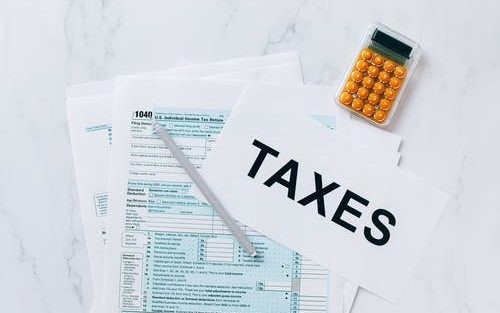
In favour of changing the tax year?
24 September 2021
Adopting a tax year which is either aligned with the calendar year or with a calendar month-end would have clear benefits, according to a review from the Office of Tax Simplification (OTS). The review considers the high-level implications of moving the tax year end date to 31 December, and a more detailed evaluation of the implications of a move to 31 March.
Bill Dodwell, Tax Director at the OTS, said: ‘There would be clear advantages from having a different tax year end date, but as the transitional costs and impacts are significant, it would require detailed advance planning. If government were to make a change, it would also be important to ensure the timing did not derail existing change programmes such as work on the Single Customer Account. So, while we do not consider such a change should take place in the immediate future, it is not too early to start some long-term planning if the government were to consider taking this forward.’
But why does the UK’s tax year even start on 6th April, when much of the world quite sensibly chooses New Year’s Day to also be the start of theirs?
Firstly, we need to go back to 1582 when Pope Gregory XIII ordered a change from the Julian Calendar (named after Julius Caesar) to the Gregorian Calendar (you can probably guess who this was named after!). The Julian Calendar had consisted of eleven months of 30 or 31 days with a 28 or 29 day February – however, it differed from the solar calendar (the actual time taken for the earth to travel around the sun) by approximately 11½ minutes per year and so by the late 1500s this discrepancy had put the Julian calendar behind the Solar calendar by 10 days.
In 1582 Europe changed to a new system which dropped a leap year every Century (unless that century is divisible by four) and the problem was solved. Except that the UK, who had previously had several “disagreements” with the head of the Catholic church, ignored the Pope’s decree and carried on with the Julian Calendar and so for the next 170 years there existed a difference of at least 10 days between the calendar in Britain and that used in the rest of Europe and by 1752 Britain was 11 days out of kilter, as one calendar had a leap year in 1600, the other did not.
Until 1752 the tax year in Great Britain started on 25th March, old New Year’s Day (so chosen as it was also “Lady Day”, the date that the archangel Gabriel announced to the Virgin Mary that she would become the mother of Jesus Christ) That year, the British realised that they would have to align their calendar with the rest of Europe and move New Year’s Day to 1 January, losing 11 days from the calendar in order to catch-up – September that year was therefore rather unusual, with 2 September being immediately followed by 14 September. The populus, who felt “robbed” of 11 days of their lives – took to the streets to protest, principally because they were still expected to pay a full year’s tax, despite the fact that the year had only 354 days.
Predictably, the Treasury was concerned to ensure there would be no loss of tax revenue and so decided to retain the year as 365 days, and so the beginning of the following tax year was moved from 25 March to 5 April…until 1800 was decreed a leap year for tax purposes, and the tax year start was moved on again by a single day to 6 April.
So there’s the history – now what are your views on changing the date? We’d love to hear your views for our magazine.